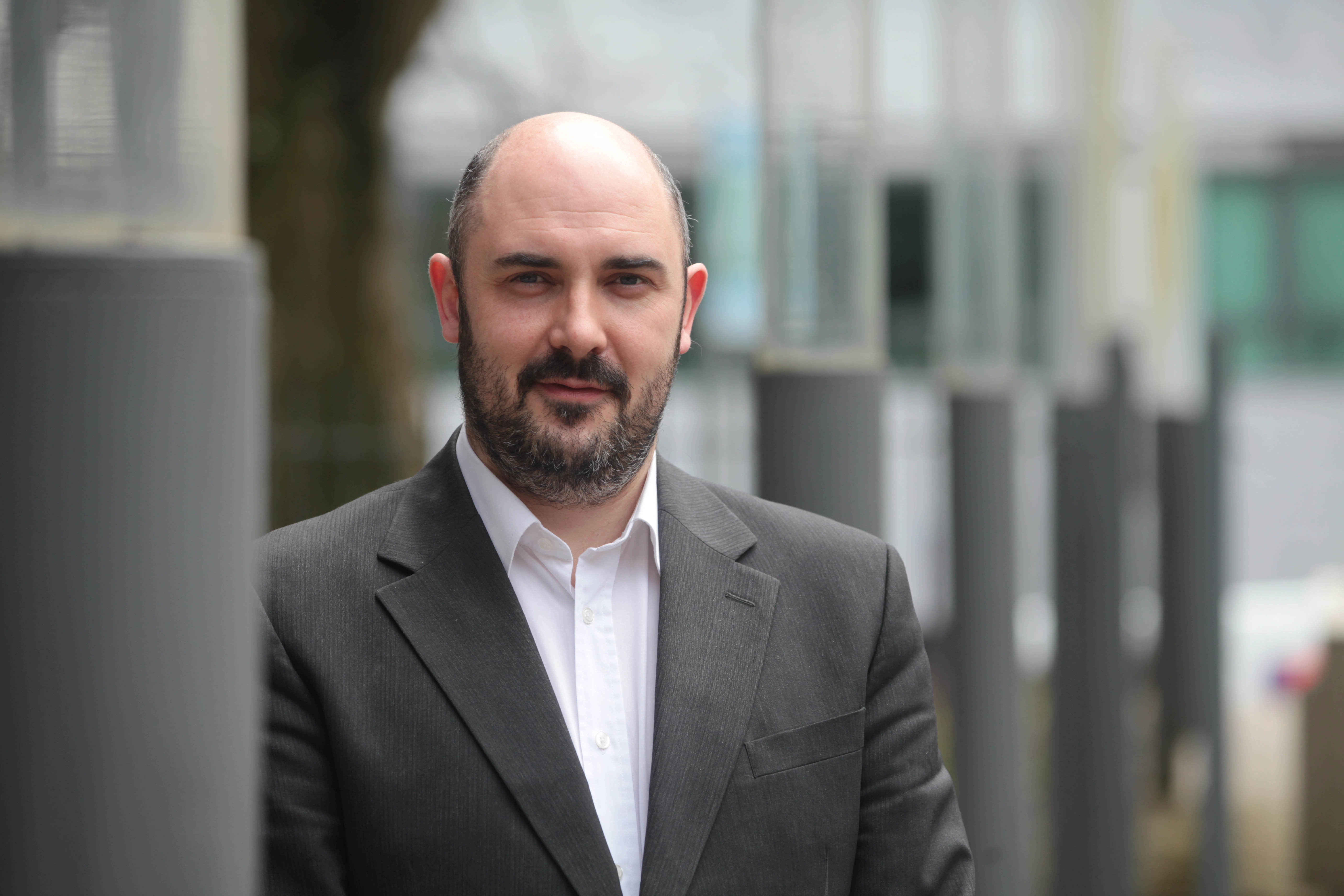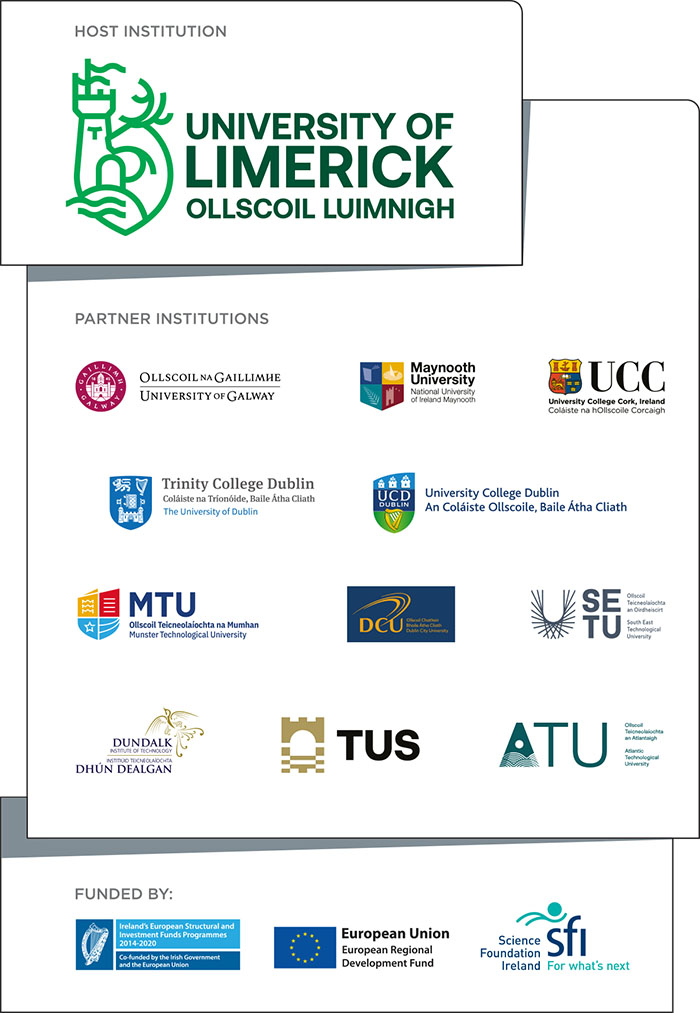Running to go backwards: The problem with productivity apps
You are here
Lero research shows time management technologies often damage productivity and increase the stresses and anxieties they were designed to allay.
First published in the Irish Times, Friday, April 5, 2019

Faster, faster, faster
There is a rarely questioned assumption that our world is aggressively faster, more evanescent, than ever before. Healthcare staff face well-documented time pressures to reduce waiting lists, high-tech and manufacturing industries have seen the rise of ‘high speed’ flow and agile methods, and entrepreneurs are face pressures of the ‘fail fast’ lean start up movement. These approaches are laced with speed-oriented metrics such as velocity, acceleration rate, and cost of delay. While the labels in our respective roles may vary, most of us are increasingly judged by the speed of our work.
High speed work is often rewarded, either financially or through social currency and esteem. There is a concerning rise in “performative workaholism”, typified by 100-hour work weeks and the #ThankGodIt’sMonday! hashtag. Away from work, books topping the bestseller lists such as “Pressed for Time”, “The High Speed Company” and “It’s not the BIG that eat the SMALL…it’s the FAST that eat the SLOW”, tell us we need to be faster if we want to succeed.
Time-management techniques
To survive in such aggressive environments, we are downloading productivity apps so much so they are the fastest growing category on the App Store- and there are many different types. Simple ‘to do’ list and prioritization tools include Pomodoro and Getting Things Done. Analytics apps help track, evaluate and optimize your work patterns. Concepts such as ‘Inbox Zero’ provide a process for managing incoming work. Many niche apps range from the light-hearted that mimic the sound of cafes and ambient work-friendly environments, to the sadistic – apps that will start deleting what you have written if you pause or procrastinate for five seconds.
Such apps are not just aimed at improving the productivity of individuals, but also that of teams and organisations.
Effectiveness of time-management technologies
The uncomfortable truth is that these time management techniques do not work. Lero researchers at NUI Galway studied the use of 22 different technologies by 520 workers in start ups, SMEs and large multinationals. While the evidence suggests time management techniques affect behaviour i.e. staff behave the way they ‘should’, they often have no impact on actual outcomes (timely project completion, sales, errors) and in many cases lower job performance and increase anxiety.
Unsustainable pace
One of the key problems this research identified is the unsustainability of a faster pace. When you entrain to a fast rhythm dictated by a technology, there is often initial high from having a sense of greater achievement, and a structure to hold on to. Like fad diets or exercise regimes, they are difficult to sustain, and you feel exhausted and ‘spent’. People often adopt a self-defeating strategy where a day’s productivity performance is judged on outperforming yesterday’s effort. When this inevitably does not happen, most abandon the approach, and are left anxious and guilty – the exact opposite of what time management is designed to achieve.
Lack of individuality
The research also shows that time management technologies typically impose a a one-size-fits-all pulse or rhythm that fails to recognise our individual temporal personalities. Some of us are productive in the morning while others are night owls, others are motivated by deadlines whereas a ticking clock raises anxiety levels in others. Our research showed that a mismatch between the rhthym of app and that of the user tended to have a detrimental impact on productivity. Think of your favourite song- moving one beat a little out of sync does not make listening to it ‘5%’ less enjoyable but makes it utterly unbearable.
Web of rhythms
In addition to our own idiosyncrasies, we are all embedded in intricate webs of social relationships and constraints, all with their own rhythms. The routines of our family, friends and work colleagues, or the rhythms of bus, train and traffic flows are simple examples. We might like the idea of compartmentalising or disentangling them, but in reality we can’t. It is clear time management techniques can’t either.
An absence of ‘deep’ thinking
Cal Newport’s bestselling book "Deep Work", suggests that people can only solve complex and cognitively demanding problems by concentrating intensely on one for a significant period of time. However, our research shows that time management technologies typically prioritise activities that can be completed in short, bite size pieces, ignoring tasks that are bigger or difficult to deconstruct. As a result, we unconsciously select and complete many small tasks ‘on auto-pilot’ without thinking about the bigger picture. This limits the chance of truly innovative and transformative ideas and Promethean ‘leaps’. As the old adage goes, electricity did not come about through the continuous improvement of candles.
In summary, time management is not solved by a technology. We need to think about the personal and social aspects of how we manage our time and above all, need to question whether such speed is a good thing, even when attained.
By Prof. Kieran Conboy, Lero, the Irish Centre for Software Research and School of Business & Economics, NUI Galway.




